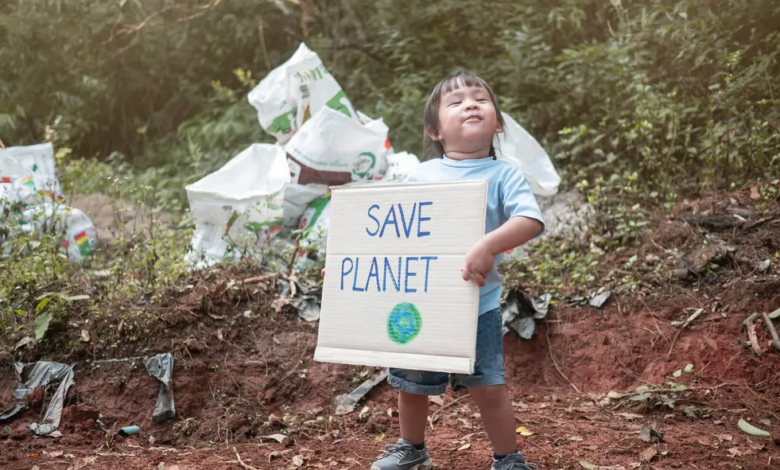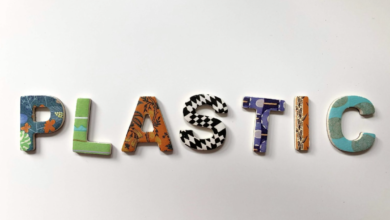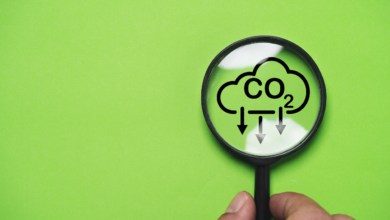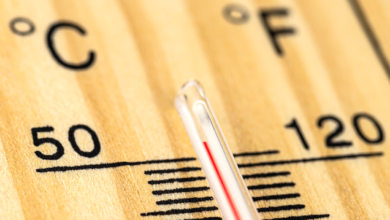Submerged in plastic, we celebrate World Environment Day 2023
Focused on consumer awareness, World Environment Day 2023 loses sight of political responsibilities
(sustainabilityenvironment.com) – Beat plastic pollution. This is the slogan of World Environment Day 2023, which comes just days after the closure of the Plastics Treaty negotiations in Paris. Proclaimed in 1972 by the United Nations General Assembly on the occasion of the establishment of the UN Environment Programme (UNEP), the day has reached its 51st edition this year.
To the many initiatives in the field all over the world to sensitize people to the reduction in consumption of this ubiquitous polymer, are the messages addressed to politicians. In an impactful promotional video, UNEP shows the challenges arising from the global and widespread use of plastic, the benefit of which – durability – is also a curse.
read also How to reduce plastic pollution by 2040
According to a recent Agency report, a change of system is needed to address the causes of plastic pollution. A change that is able to combine the reduction of the use of unnecessary plastic products with a transformation of the market towards the circular economy.
World Environment Day 2023: plastic escape routes
Promoting reuse, recycling and diversification of packaging and plastics must be the North Star, according to UNEP, since today only 9% of the plastic produced is recycled. However, the dossier does not address certain critical points that civil society and science do not fail to highlight. Meanwhile, the use of fossil fuels underlies the production of plastic. If you do not get to the root of the problem, it will be impossible to break the toxic link between oil and polymers at the base of the Antropocene.
And then talking about recycling is not enough. The discussion must be contextualized to what and what recycling is necessary to promote. Chemical recycling can be even more polluting and dangerous than virgin plastic production. Mechanical recycling, on the other hand, presents other problems. For example, the production of microplastics that then escape the filtration systems of the plants and end up in the environment.
What to do, then? The drastic reduction of production remains. This was underlined by Greenpeace in a study published close to the Paris summit for the world treaty. According to the environmental organization, plastic is intrinsically incompatible with the circular economy.
You could start with the ban on disposable plastic, as the WWF suggests. Eliminating products such as plastic cutlery, disposable electronic cigarettes and microplastics in cosmetics is the first step to reducing the environmental pressure of this material that has marked our time.






